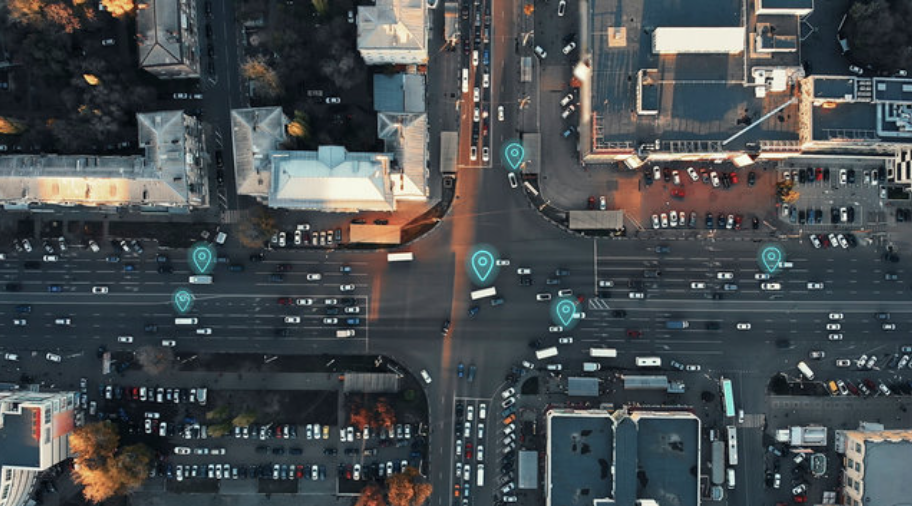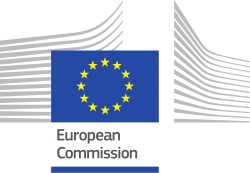Resilient Cities
Cities with flexibility and the ability to respond successfully to disruptive events and chronic stress generated by climate change, pandemics, natural hazards, cyber attacks etc.
The current health crisis with respect to COVID-19 has made it clear that Europe needs to enhance its resilience, which is the ability not only to withstand and cope with critical challenges (e.g. climate change, pandemics, immigration etc.) but also to undergo transitions with a view of greater resilience in a sustainable, fair and democratic manner.
Resilience is defined in the EU in four dimensions: socio-economic, geopolitical, digital and green (in particular in relation to climate change, biodiversity and air protection), out of which particularly “green resilience“ is regarded as the most prominent one in the long-term. Therefore, the European is going to adopt a new, more ambitious EU strategy on adaptation to climate change. It is apparent that climate change will continue to create significant stress in Europe in spite of the mitigation efforts. Thus, strengthening the efforts on climate-proofing, resilience building, prevention and preparedness is crucial.
Work on climate adaptation should continue to influence public and private investments, including on nature-based solutions. It will be very important to ensure that across the EU, investors, insurers, businesses, cities and citizens are able to access data and to develop instruments to integrate climate change into their risk management practices.
Four-dimensional analysis of resilience
Resilience is a horizontal topic. Therefore, it is necessary to be strenghened in the context of efforts to attain green and digital transitions. The EU’s resilience is analysed in the Four-Dimensional Analysis of Resilience which was used to in the course of the formulation of the EU’s response to the COVID-19 crisis in spring 2020 against the backdrop of the acceleration key megatrends and long-term driving forces that will likely have a large influence on our future.
Policies to improve resilience rest in mitigating vulnerabilities and strengthening capacities. They can open new opportunities in each of the four dimensions of resilience which are described in more detail below. This includes reconsidering the future of wellbeing, work, labour markets and skills, reconfiguring global value chains, supporting democracy, reforming the rules-based trading system, building alliances in emerging technologies, and investing in the green and digital transitions.
Social and economic dimension
The social and economic dimension of resilience refers to the ability to tackle economic shocks and achieve long-term structural change in a fair and inclusive way.
Geopolitical dimension
Geopolitical resilience relates to Europe bolstering its ‘open strategic autonomy’ and global leadership role. It is anchored in the expression of the EU’s values within a highly interdependent world of competing powers, where COVID-19 has impacted geopolitical trends and power balances. Also, it consists in mobilising strategic resources for humanitarian and development aid and striving to make a COVID-19 vaccine and medicines available worldwide.
Green dimension
Green or environmental resilience is about reaching climate neutrality by 2050 while mitigating and adapting to climate change, reducing pollution and restoring the capacity of ecological systems to sustain environmental conditions for a quality human life on our planet. This entails eliminating our dependency on fossil fuels, reducing our impact on natural resources, preserving biodiversity, developing a clean and circular economy, achieving a toxic-free environment, changing lifestyles, production and consumption patterns, climate-proofing infrastructure, creating new opportunities for healthy living, green business and jobs, actively pursuing ecosystem restoration, as well as saving seas and oceans.
Digital dimension
Digital resilience is about ensuring that the way we live, work, learn, interact, and think in this digital age preserves and enhances human dignity, freedom, equality, security, democracy, and other European fundamental rights and values. This is increasingly important as hyperconnectivity continues to accelerate, with physical-digital integration, the Internet of Things (IoT), smart home technology, the use of big data and virtual reality, machine learning, and other increasingly capable Artificial Intelligence technologies. These innovations increasingly blurs the distinction between the physical and virtual world, and between humans, machines and nature, with implications for our own selves and the public policy frameworks. They have been significantly instrumental in keeping European economies and societies running during the coronavirus pandemic.
Topics
People

Natalia Anferova
Area Lead on "Resilient Cities" and Theme Lead on “Climate Change“ and “Water“
Environmental and Water Management Consultant of Mott MacDonald Prague office
News
We have no results for the given criteria.
Events
Available
Cyber risk management
- Webinář
- Organizer GrECo International s.r.o.
Resilient cities
- Webinář
- Organizer ARI
Videos
Projects
We have no projects on this topic yet.
Another links
We have no results for the given criteria.
















